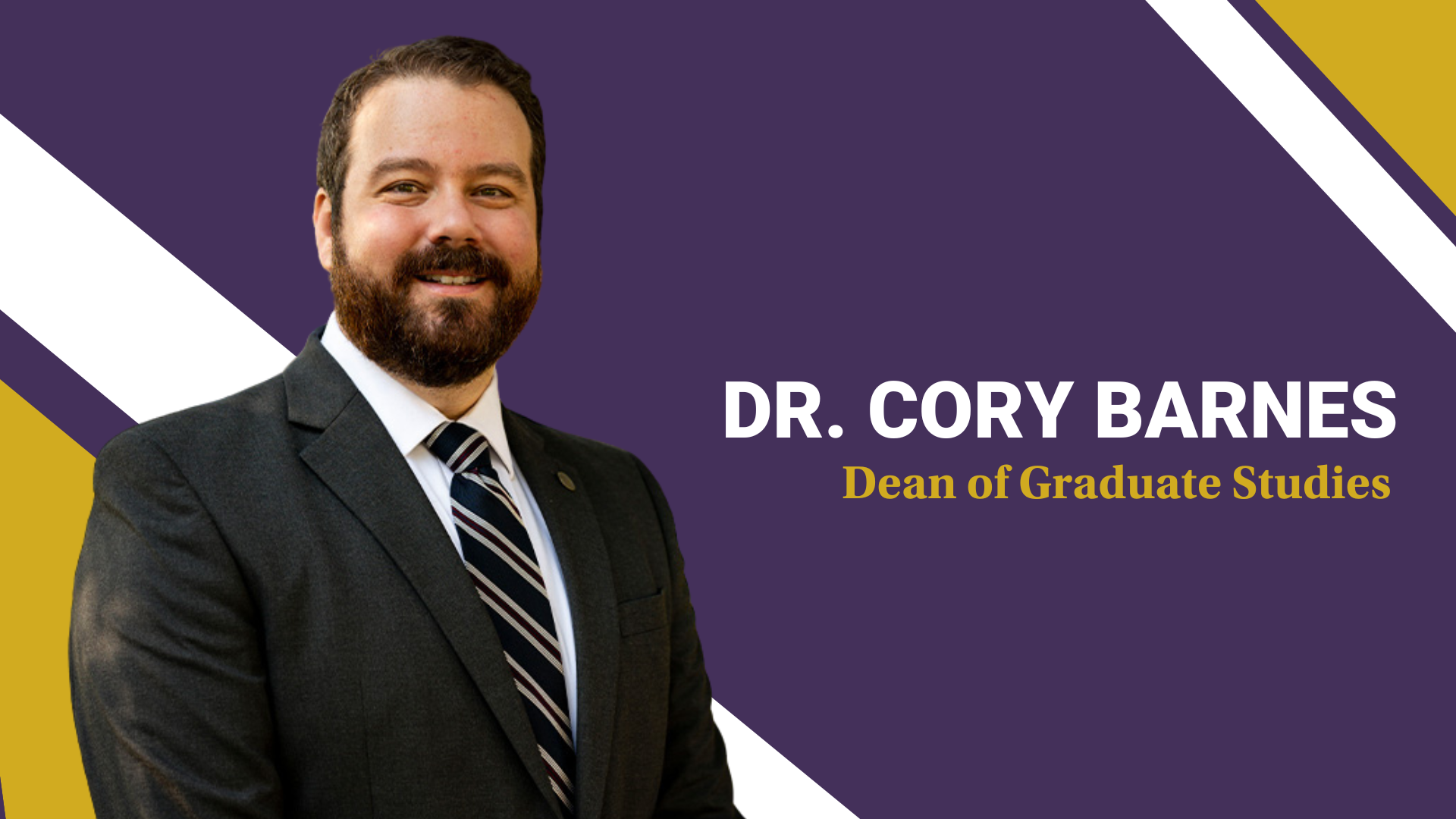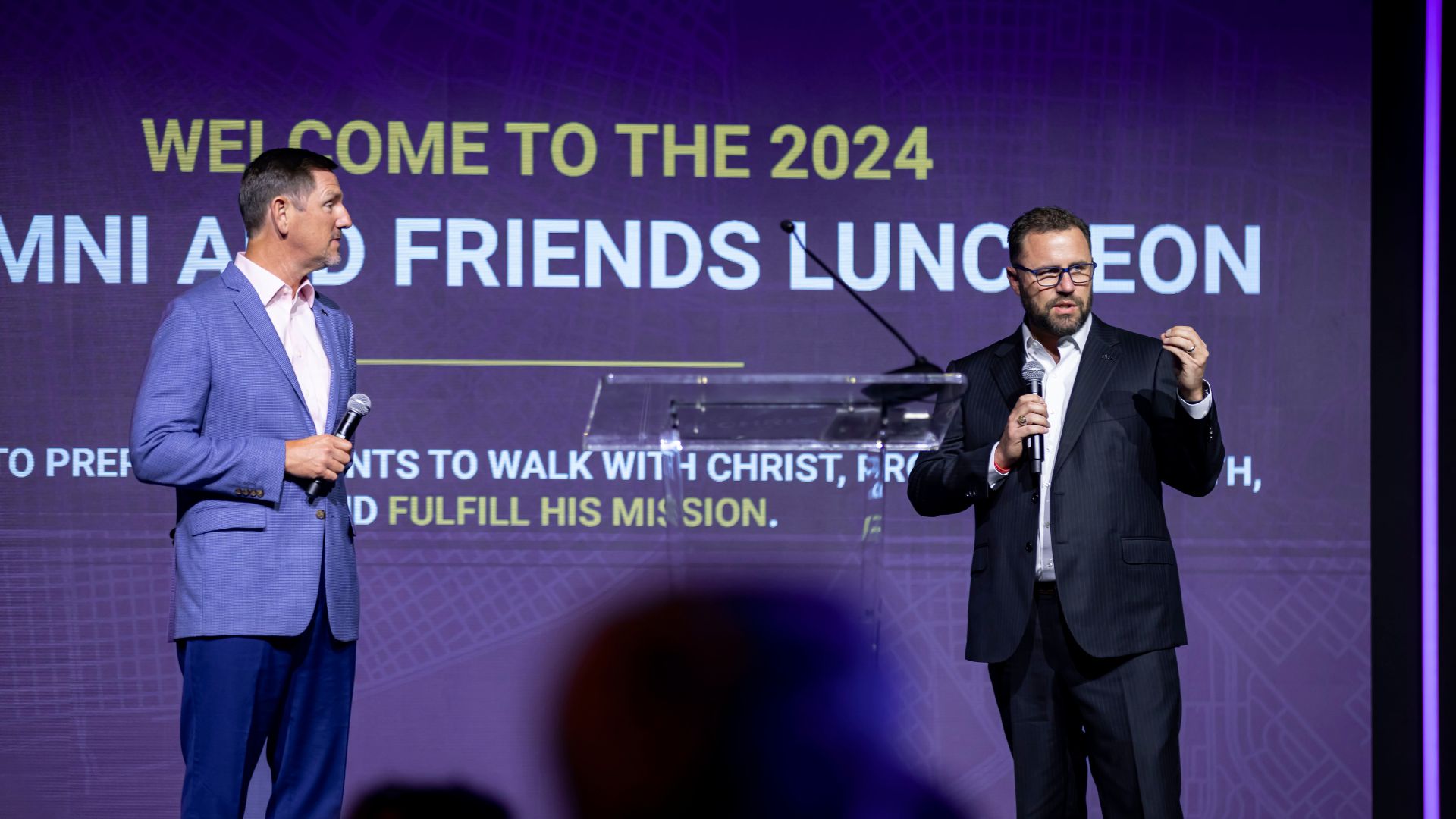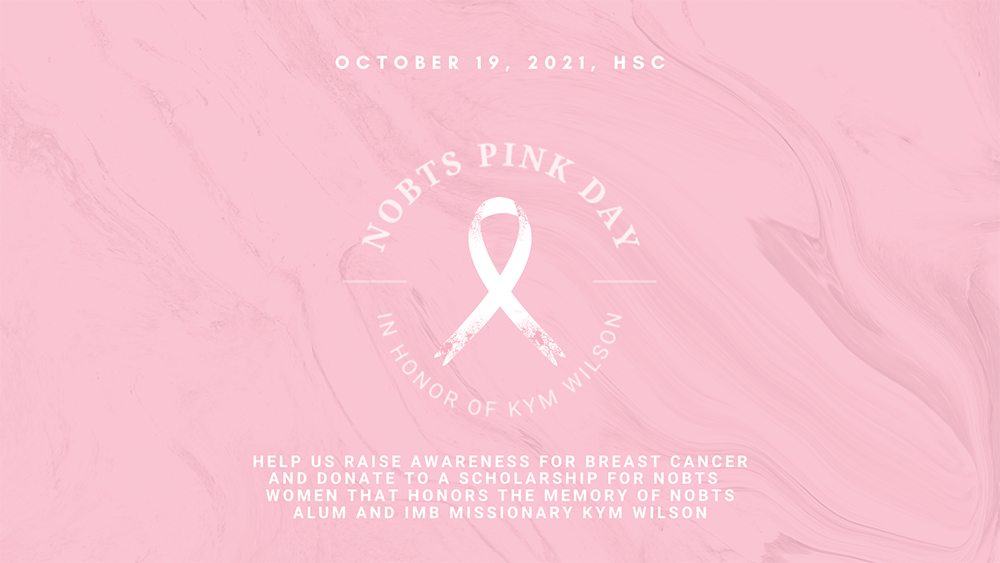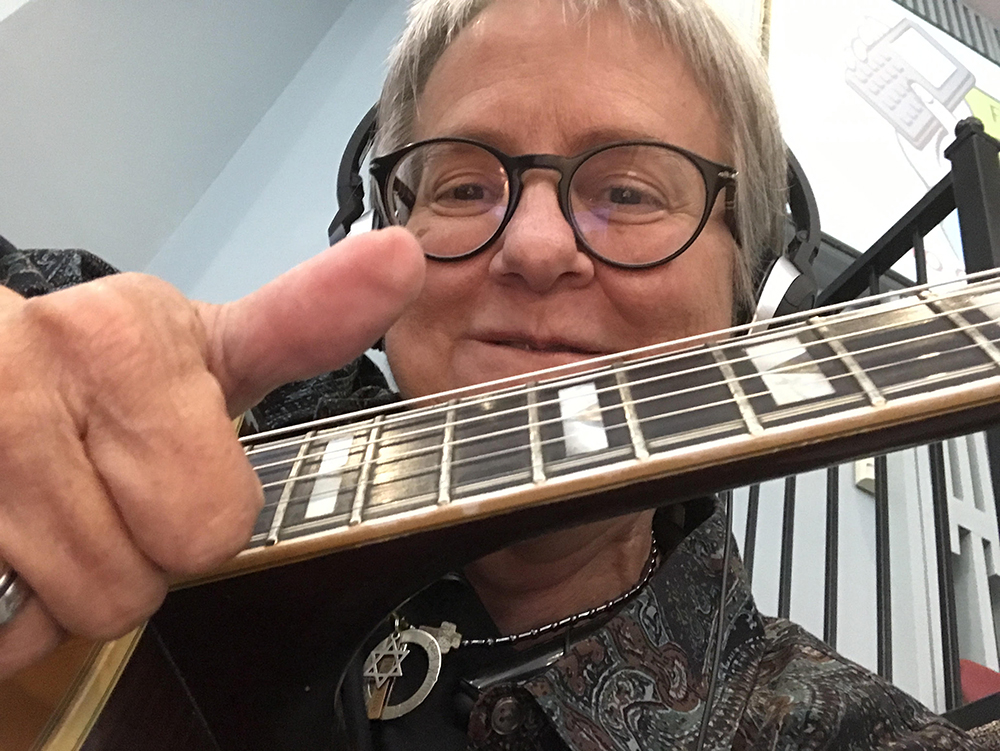






Mentoring format classes will provide an opportunity for students to partner with a church or para-church organization where you will be expected to complete “real-life” ministry tasks alongside your theological education.
Students are encouraged to ask someone that they have developed an existing mentor relationship with or would like to have a mentor relationship with to become their mentor for the course that they wish to take for a semester. Mentors are required to have some experience in the field of study in which the student will be mentored. (see Mentor Requirements on Become a Mentor webpage)
Distance learning is encouraged and because of the unique structure of the Canvas assisted class, this program will be available to any NOBTS student studying on the main campus, an extension center, or online.
While most of the class work will be turned in online, a mentoring class will offer facetime sessions with the teacher through video lectures as well as the rich relationship built through meetings with the mentor.
No, all applications for mentors are kept on file with the Mentoring Office for future courses. The Mentoring Office will contact students each semester that they register for a mentoring course to confirm mentors for that semester.
You may take only one mentoring class, or several mentoring classes offered during your time at NOBTS. Students are encouraged to remain partnered with their mentor through concurrent courses to build a strong mentoring relationship, but students can change mentors for a specific course, as long as the new mentor is approved and meets our requirements.
Yes, provided the mentor meets basic qualifications. Mentors will be approved through the Mentoring office.
Spiritually, a mentor can be a great asset to you. Mentors provide accountability, discipleship, and wisdom which you can benefit from as you enter into the field of ministry.
Not everything about ministry can be learned in a classroom. While the mentor is not responsible for instructing a class, you can learn many lessons simply by watching them or asking for wisdom and advice when needed.
Hopefully, having a mentor will be a lifelong relationship. Throughout your ministry, you will have opportunities to turn to them when you need encouragement and wisdom. The wisdom you gain will assist you in sharing your experiences as you mentor those around you.
This program may be for you if you desire a one-on-one ministry relationship and enjoy learning by doing. The mentoring program at NOBTS will allow you to receive high-quality theological education while developing a life-long mentoring relationship.
The main way to check this is to look for the section code of each course. The section code for any mentoring course will be -MENT (EVAN5230-MENT). The Delivery Method should also say that it is in the mentoring format. The location of the course will be New Orleans because mentoring courses are considered on-campus credit even though you will not report to campus for class at any point. Mentoring courses can be taken from anywhere and by any student whether they are on campus or at a distance.